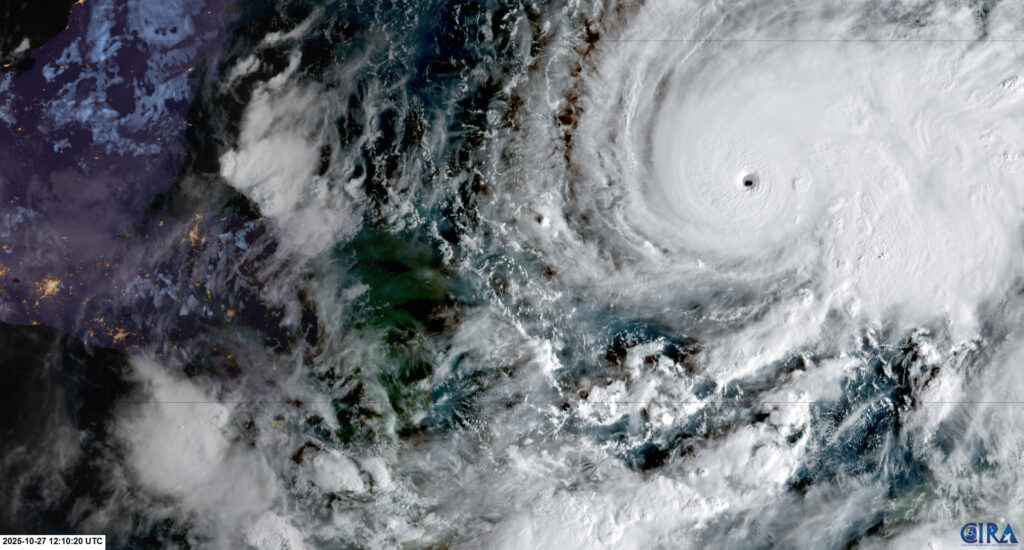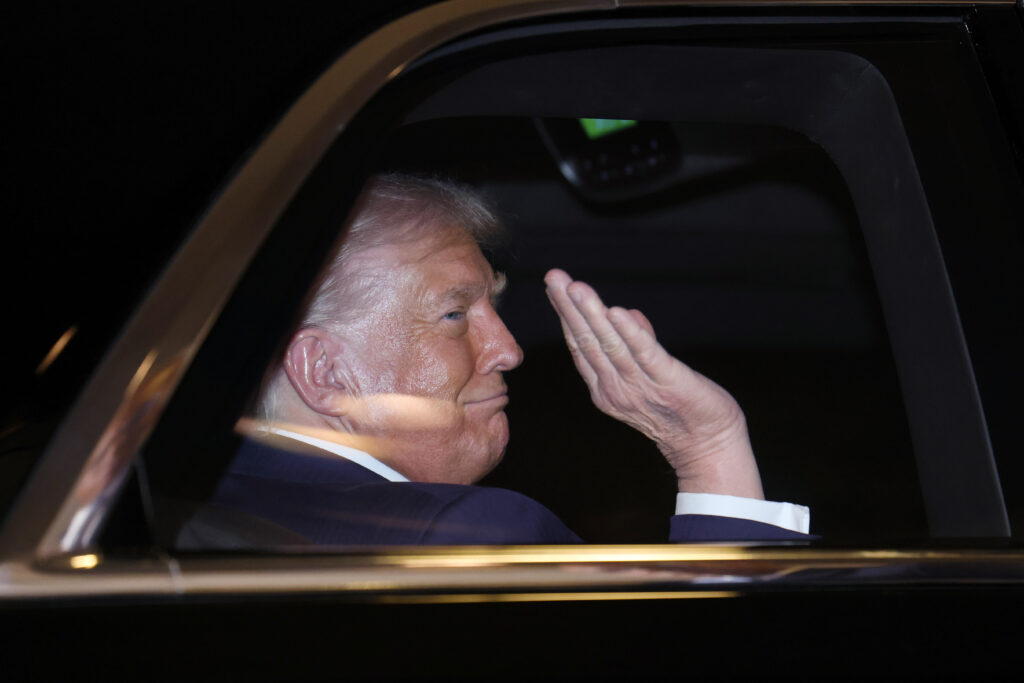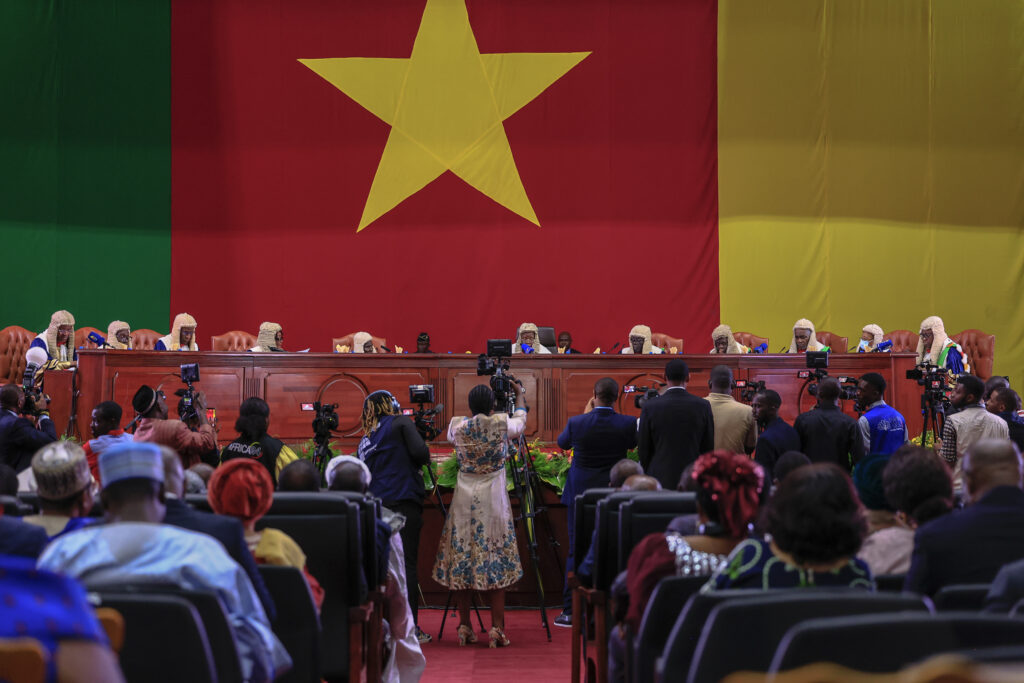Hamas returns hostage body as families urge pause to Gaza truce
Hamas handed over the remains of a deceased hostage on Monday as the Palestinian group came under increasing pressure to return its remaining deceased captives as promised under the Gaza ceasefire.Prime Minister Benjamin Netanyahu’s office said Israeli forces had received a coffin containing what Hamas said was the sixteenth of 28 bodies of hostages taken in the October 7, 2023 attacks.The Israeli military and security service were to take the coffin from Gaza to Israel, where it will be received in a military ceremony before being brought to the national forensic institute for identification and eventual return to the hostage’s family.”All of the hostages’ families have been updated accordingly, and our hearts are with them in this difficult hour. The effort to return our hostages is ongoing and will not cease until the last hostage is returned,” the statement said.- Deadline missed -An informed source within Hamas confirmed the handover. “The body of an Israeli captive that was recovered today in the Gaza Strip has been handed over to the Red Cross,” the source told AFP.The latest exchange came as both senior Israeli officials and an association representing the families of the October 7 hostages demanded that Hamas speed up the transfer, which has slowed since it released its 20 living captives.”Hamas knows exactly where every one of the deceased hostages is held. Two weeks have passed since the deadline set in the agreement for the return of all 48 hostages, yet 13 remain in Hamas captivity,” the Hostages and Missing Families Forum said.”The families urge the government of Israel, the United States administration and the mediators not to advance to the next phase of the agreement until Hamas fulfils all of its obligations and returns every hostage to Israel,” the association said.Hamas spokesperson Hazem Qassem protested that the claim that the group knows the location of the remaining missing bodies is “false”, arguing that Israel’s bombardment during the two-year conflict had left locations unrecognisable.”We affirm our commitment to completing the first phase of the ceasefire agreement to prevent the occupation from finding any pretexts,” he said, referring to Palestinians’ fears that Israel could renew military action despite the truce. “We are determined to hand over the bodies of the Israeli captives as soon as possible,” he said.- Search for bodies -During their October 7, 2023 attack on Israel, Hamas militants took 251 people hostage, most of whom had been released, rescued or recovered before this month’s ceasefire.The attack itself resulted in the deaths of 1,221 people, mostly civilians, according to an AFP tally based on official Israeli figures.Israel’s subsequent assault on Gaza killed at least 68,527 people, according to figures from the Hamas-run territory’s health ministry that the UN considers reliable.On Monday, Israel lifted the state of emergency for areas near the border with Gaza for the first time since the 2023 attack, Defence Minister Israel Katz announced.Hamas says it is committed to the ceasefire and insists it is trying to return all the remaining bodies — 11 Israelis and two workers from Thailand and Tanzania — but that the search has been hampered by the destruction wrought on Gaza during the war.In the past two days, Egypt has sent recovery crews and heavy earth-moving equipment into Gaza, with Israeli approval, to help with the recovery operation.Israeli spokeswoman Shosh Bedrosian said a team of Red Cross staff, Egyptian rescuers and a Hamas member were searching for bodies and had been allowed to cross the so-called Yellow Line into the area of Gaza controlled by Israeli forces.A Red Cross spokesperson also confirmed it was part of the search team.- Opposition to Turkey -No firm timescale has been put on the next stages of the Gaza truce plan, but US President Donald Trump’s administration is working to set up an international security force with troops from Arab and Muslim nations to police the truce.Israel has voiced strong opposition to Turkey’s participation in the proposed security force.Israeli foreign minister Gideon Saar said that, under President Recep Tayyip Erdogan, Turkey had “led a hostile approach against Israel, that included not only hostile statements, but also diplomatic and economic measures against Israel”. “So it is not reasonable for us to let their armed forces enter the Gaza Strip, and we will not agree to that, and we said it to our American friends,” he added, at a news conference during a visit to Budapest.The US military has also set up a coordination centre in southern Israel to monitor the ceasefire and to coordinate aid and reconstruction, but aid agencies are pushing for greater access for humanitarian convoys inside Gaza.Israel has withdrawn its forces from Gaza’s main cities, but still controls around half of the territory from positions on the Yellow Line, and has resisted calls to allow aid through the Rafah border crossing with Egypt.





